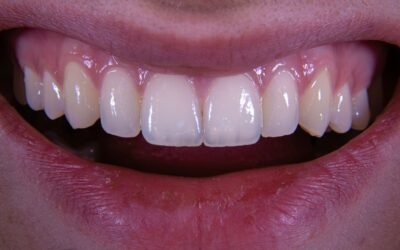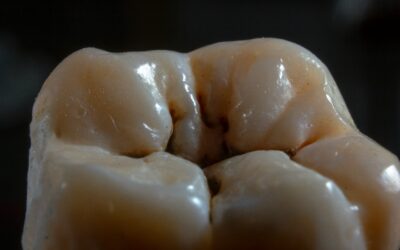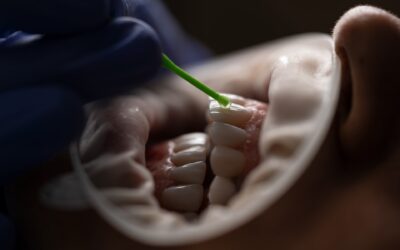Wisdom tooth extraction aftercare is essential to your discomfort, maintain your oral health, and prevent complications. You are likely to recover quickly and should be fully recovered after two weeks.
Caring for the site where the tooth was removed will help you properly heal. You should expect some temporary bleeding, swelling, bruising, discomfort, and jaw stiffness. To manage symptoms, your wisdom tooth extraction aftercare can include:
- Bleeding – Place a gauze pad over the extraction site and apply gentle pressure by biting down for up to 30 minutes. A popular alternative to a gauze is a wet tea bag, which releases tannic acid, contracting bleeding vessels.
- Swelling – Apply an ice pack for 20 minutes and wait at least 20 minutes before applying it again and for up to two days.
- Pain – Take over the counter pain medication such as ibuprofen or paracetamol.
Following surgery, you should limit drinking, eating, and talking for two hours. Once the bleeding has stopped, keep hydrated but avoid fizzy drinks and hot drinks. You should eat soft foods, avoid vigorous exercise and smoking for several days, and avoid brushing the extraction area on the first night.
When would you need a wisdom tooth extracted?
You may need a wisdom tooth extraction if you have an infection or pain. Sometimes the wisdom teeth become impacted (stuck) and cannot break through your gums, and this can cause a cyst, damage other teeth, or become a haven for bacteria that cause gum disease.
Wisdom tooth extraction may be needed if tumours develop or if there is extensive tooth decay. In case of an infection, the dentists may recommend using a warm and moist compress instead of an ice pack. You may also need prescribed antibiotics or pain medication.
When a wisdom tooth extraction or aftercare is an emergency treatment
You might need emergency treatment and wisdom tooth extraction if there is a risk of an abscess or infection. After the tooth is removed, you should contact the dental practice if the swelling worsens instead of getting better. If you have a persisting elevated fever, excessive bleeding that doesn’t stop with pressure, or severe pain three or four days after surgery, contact your dentist.
You may also need urgent treatment following your wisdom tooth extraction to prevent a dry socket. This occurs when the socket’s blood clot dissolves or is dislodged, exposing the nerve ending and the bone. This can be extremely painful with signs including visible bone, an unpleasant taste in your mouth, bad breath, a low-grade fever, and swollen lymph nodes in your neck.
If you think you might need emergency treatment, contact Cheslyn Hay Dental practice today.







